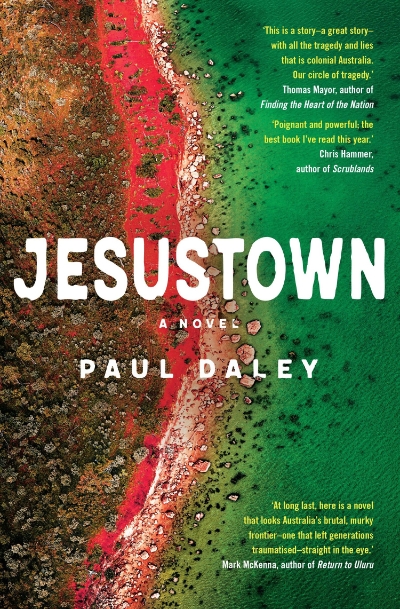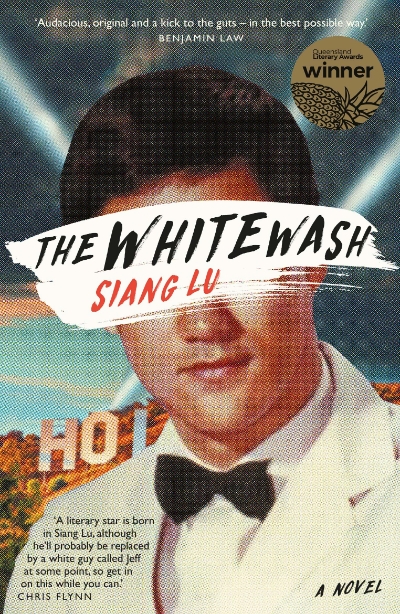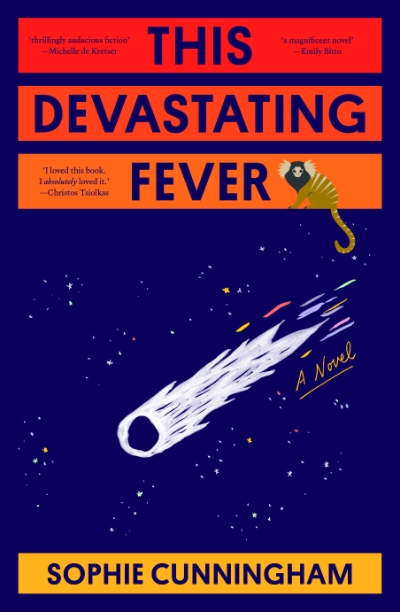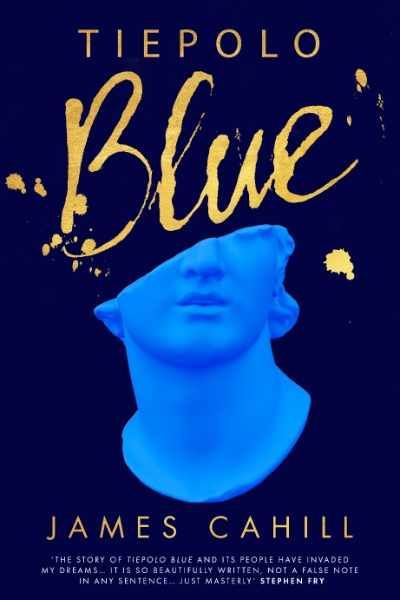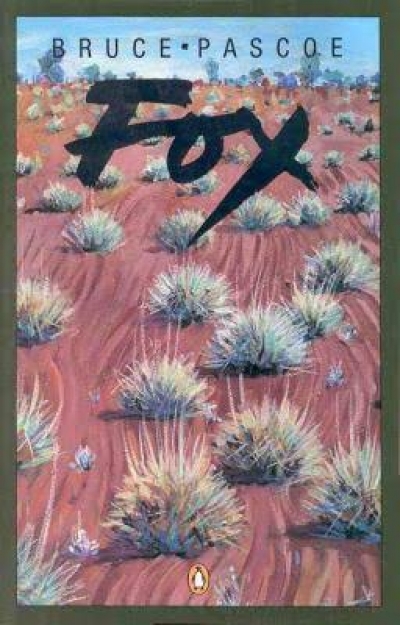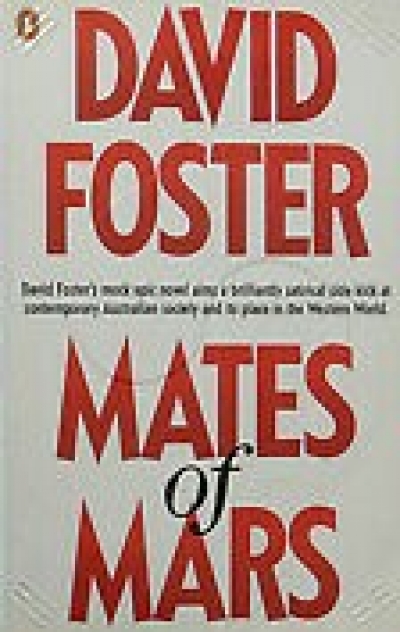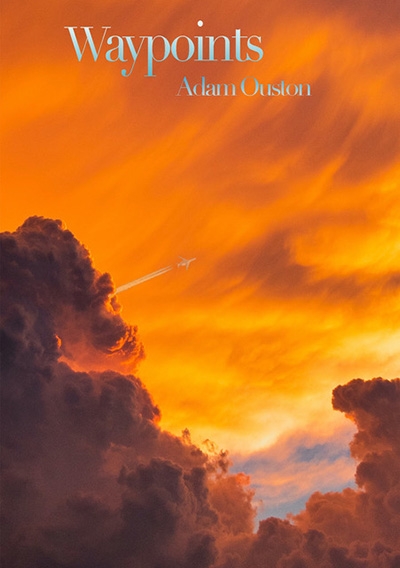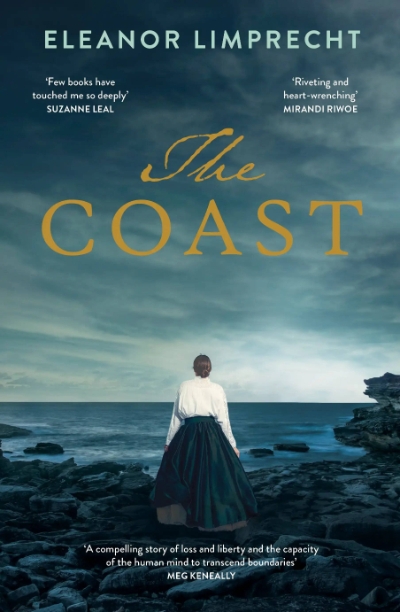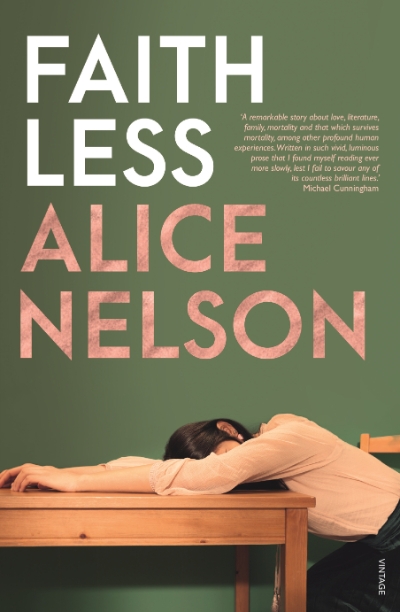Fiction
About twenty years ago, we were offered a house on Stradbroke Island for a winter holiday. Cheshire, the publishing company I had recently left teaching to work for, was also a bookseller; so not only was there a fortnight, kids willing, to catch up on all those books we had meant to read, but they were available at staff discount.
Before we left, I went through Cheshire’s paperback section like Mrs Marcos through a shoe shop. Lots of novels we had heard about, a couple of unknowns with rather promising covers and, while I was about it – to assuage the guilt of the promising covers – The Tyranny of Distance. I had heard it was good and had meant to read it one day.
... (read more)
